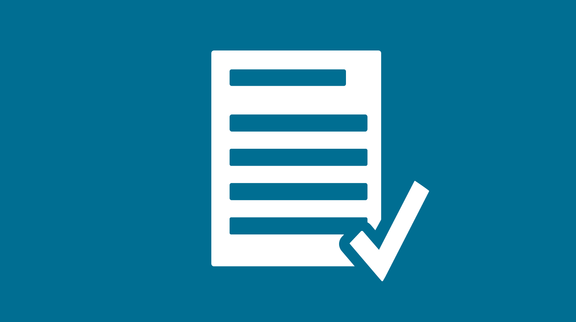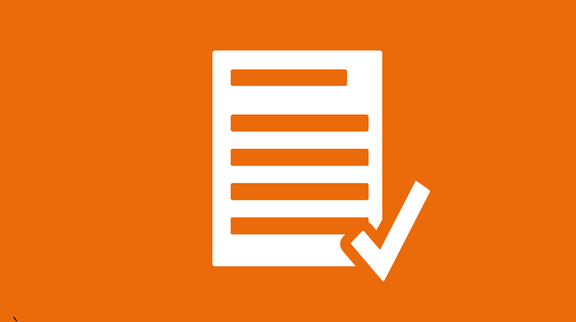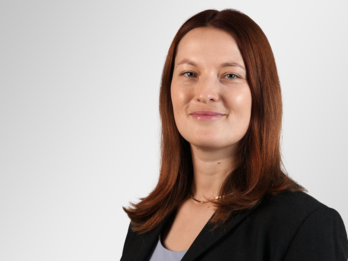News

Applications open for the 11th German IT Security Award
For the 11th time, the Horst Görtz Foundation is looking for the best security projects and developments that are particularly suitable for implementation in practice and contribute to improving IT security in Germany. The winning team can look forward to a prize of EUR 100,000.
read more
ATHENE and IC3 Establish Transatlantic Research Cooperation on Cybersecurity
Goethe University Frankfurt, together with the Initiative for CryptoCurrencies and Contracts (IC3) at Cornell Tech, has signed a memorandum of understanding establishing a comprehensive research cooperation within the framework of ATHENE. The agreement creates institutional links between Europe's largest cybersecurity research center and North America's leading blockchain research consortium at the Jacobs Technion-Cornell Institute.
read more
ATHENE papers at EMNLP 2025
Five papers by ATHENE researchers have been accepted for presentation at this year's Empirical Methods in Natural Language Processing (EMNLP) conference. EMNLP is one of the leading international scientific conferences in the fields of natural language processing and artificial intelligence. Organised annually by the Association for Computational Linguistics (ACL), it brings together researchers from academia and industry to present the latest results, methods and applications in NLP. EMNLP is considered one of the three most important conferences for research on empirical methods in machine language understanding, including machine learning, language generation and analysis, and deep learning methods for text data.
read more
ATHENE researchers have developed a roadmap for the confidential diagnosis and treatment of mental illness
Together with scientists from the Indian Institute of Technology (IIT) Delhi, ATHENE researchers have published a groundbreaking study in the renowned journal Nature Computational Science. The study shows how artificial intelligence can be used in the field of mental health without compromising patient privacy. The researchers have developed a systematic pipeline for the development of AI systems that can improve diagnostics and therapy while reliably protecting sensitive information.
read more
Successful submissions at the ACM CCS
Two papers were presented by ATHENE researchers at the renowned ACM Conference on Computer and Communications Security (CCS) 2025. Ranked A*, the ACM CCS conference is the annual flagship event of the ACM's Special Interest Group on Security, Audit and Control (SIGSAC). Each year, researchers, practitioners, developers and users of information security from around the world gather to share innovative ideas and findings.
read more
